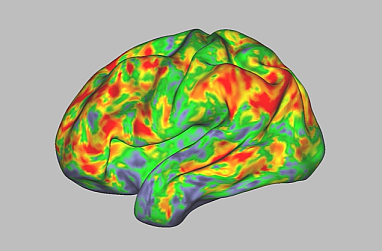On August 13, 2024, a new study published in National Institutes of Health (NIH) provided deeper insights into how psilocybin affects the brain. Researchers found that psilocybin disrupts the brain’s default mode network, which is crucial for a person’s sense of self. This could explain the profound therapeutic effects observed in patients with depression, as the brain regions involved showed significant changes in connectivity, with some lasting effects on brain circuits related to self-perception
This is yet another study proving what we here at The Buena Vida have seen to be true in over 800 guests!
We love to share important pieces like this and it’s importance in the evolution of plant medicine because it provides new insights into how psilocybin, (a psychoactive compound found in certain mushrooms), affects brain function.
The particular study’s findings are significant for several reasons:
- Mechanistic Understanding: The research advances our understanding of how psilocybin works at a neural level, helping to explain why it can lead to rapid and lasting improvements in mood and mental health.
- Therapeutic Potential: By showing how psilocybin can “reset” brain circuits associated with self-perception, the study reinforces the compound’s potential as a treatment for various mental health disorders, including depression, anxiety, and PTSD. This bolsters the case for its use in clinical settings.
- Supporting Broader Acceptance: As scientific understanding of psilocybin deepens, it supports the broader acceptance and integration of psychedelics into mainstream medicine. This is a crucial step in shifting public perception and regulatory stances, paving the way for the future of plant medicine.
This research represents a milestone in the scientific validation of plant medicines like psilocybin, contributing to their evolving role in therapeutic applications and their broader acceptance in society.
We are THRILLED to be on the leading edge of this conversation, and can’t wait to continue our work.
(Read the full article here: National Institutes of Health (NIH)).


